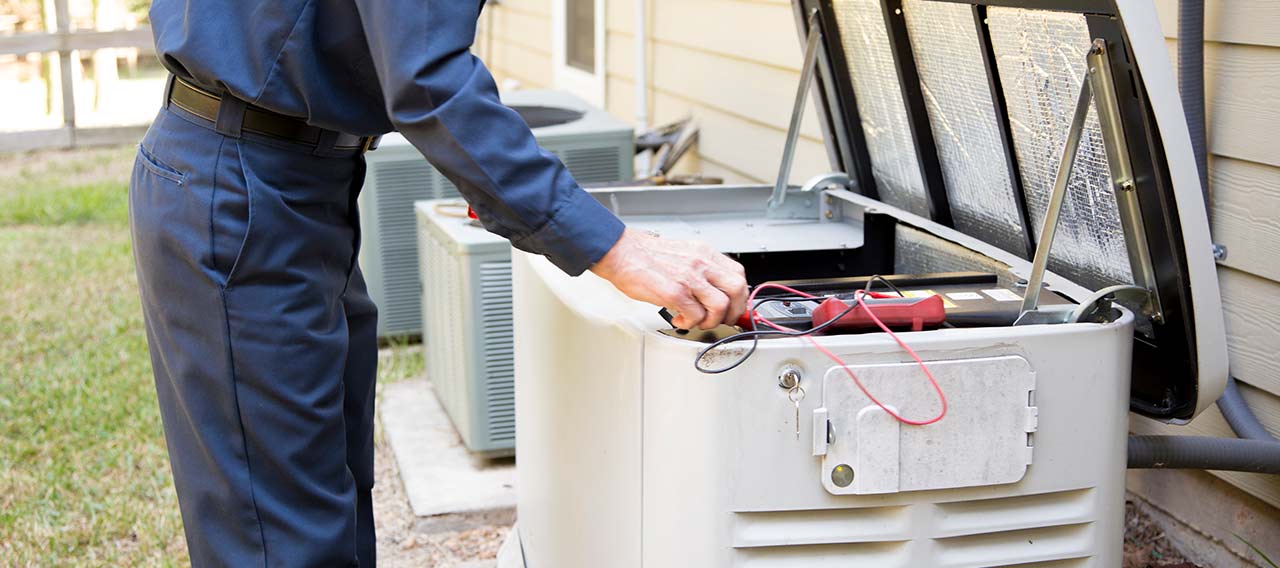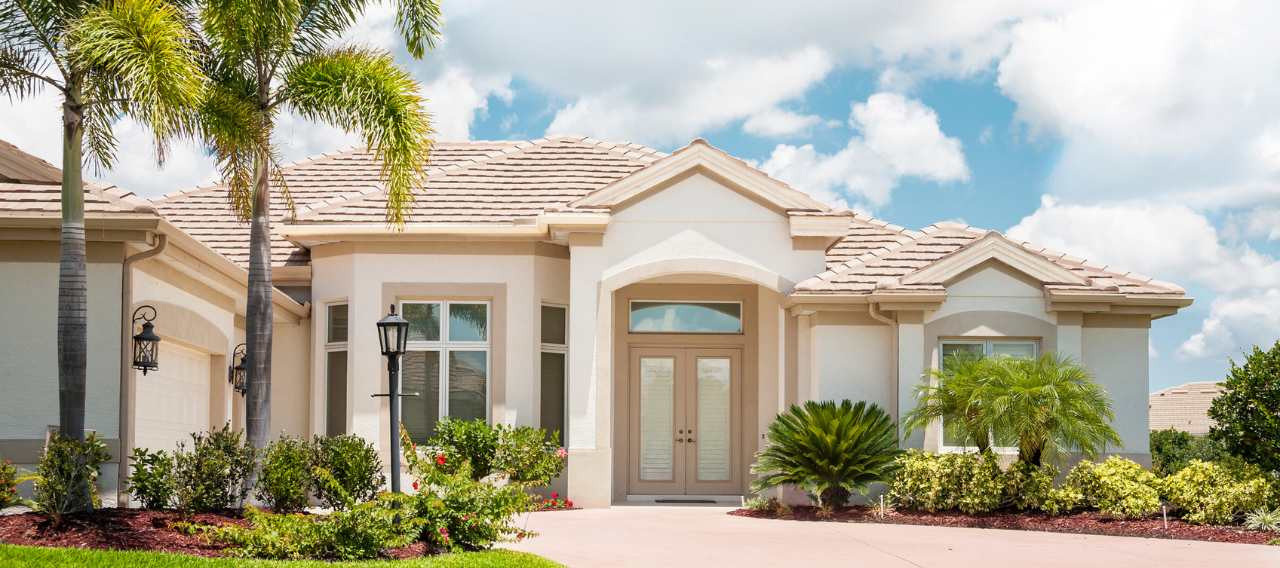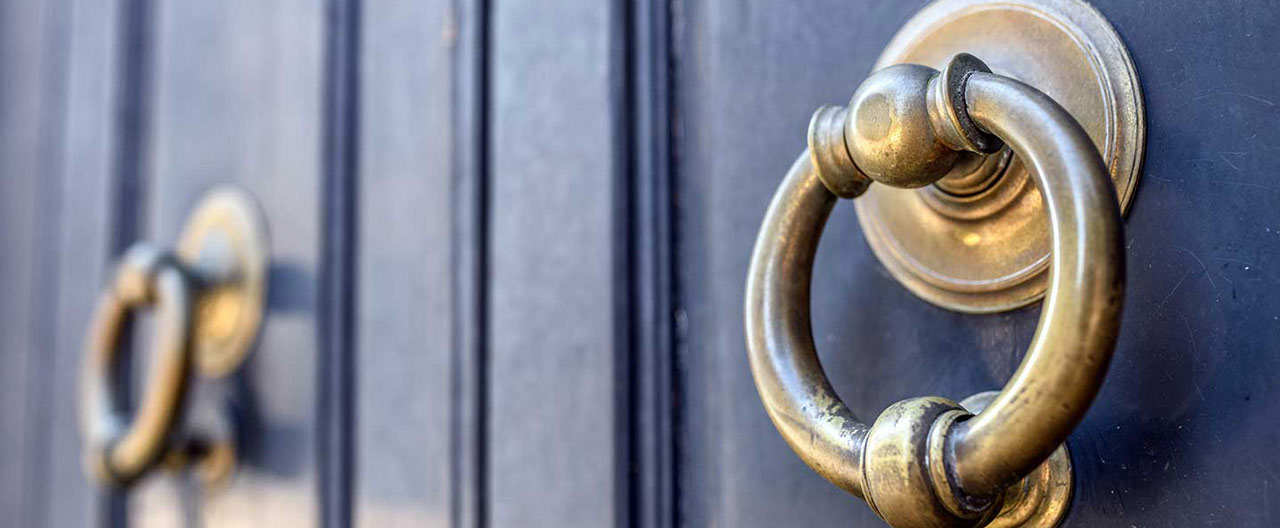- Individuals & Families
- Businesses
- Agents & Brokers
- Embedded Insurance

Chubb ranked #1 for Customer Satisfaction with the Home Insurance Claims Experience

Chubb ranked #1 for Customer Satisfaction with the Home Insurance Claims Experience

Chubb ranked #1 for Customer Satisfaction with the Home Insurance Claims Experience

Chubb ranked #1 for Customer Satisfaction with the Home Insurance Claims Experience

Because pets are family, Chubb now offers pet insurance with top-rated coverage from Healthy Paws.

Chubb offers the insurance protection you need for travel’s many “what ifs”.

Chubb protects small businesses at every stage – from newly formed start-ups to long-time anchors of the community.

Stay ahead of cyber threats with our free Cyber Claims Landscape Report.

Learn more about our dedicated learning paths, Online Learning Center, and more.

Many digital-savvy consumers look for it as a core or add-on option.

Many digital-savvy consumers look for it as a core or add-on option.

Many digital-savvy consumers look for it as a core or add-on option.

Chubb’s in-house technology makes it easy to integrate what we do into your customer experience.
-
About
-
Claims
-
Login & Pay Bill
For Agents & BrokersFor Travel Advisors
-
Back
Character, charm, and craftsmanship are often reasons for looking to purchase a historic home. The recent real estate boom and shortage of new housing stock are additional reasons buyers are now taking a second look at historic homes. For a home to be considered for a “landmark” or "historic" designation, it would typically include the following characteristics:
- At least 50 years or older
- A combination of an association with a historic person, event, or industry
- Being a particularly good example of a specific architectural style
- Being an original or contributing structure to a greater historic community are several ways to meet designation guidelines
Here are some things to consider before purchasing a historic home:
Understand the differences between an individual historic designation and a historic district.
An individual historic designation does not typically curtail an owner from making changes to the house. It’s just a way to recognize the historic significance of the property. However, if a house is located within a historic district, which are typically found within town or city limits, there may be an architectural review board that has to approve any planned changes to the exterior of the house. This is a means to keep the historic integrity of the greater neighborhood or district. A buyer should always check with the seller, real estate agent, or local municipality to determine if there are any restrictions associated with the historic designation or inclusion in the historic district.
Review the entire historic property, not only the primary residence.
Suburban or rural historic houses may also include additional structures that contribute to the historic significance of the property. Some examples include carriage houses, spring houses, smoke houses, tenant houses and barns. The cost of maintaining and insuring these structures needs to be taken into consideration before purchase.
Finding the right professionals is essential.
A thorough house inspection prior to purchase is always best practice. Historic properties are built with methods that are very often not in use today, such as plaster walls versus drywall; therefore, hiring the right general contractor or tradesperson to complete renovations or repairs to your historic home is essential. If possible, start with referrals from the prior owner, as they should know the history of past repairs. State and local preservation organizations may keep lists of contractors and tradespeople who specialize in historic properties. Reviewing portfolios and getting referrals from prior projects is also critical to choosing the most qualified person or company.
Make sure you have the proper insurance.
Comprehensive insurance coverage is also an important consideration. Not all policies cover construction code upgrades and coverage limits and how materials will be replaced after a loss also vary. While most home buyers are familiar with a bank appraisal, an insurance inspection is also important for documenting all the unique features of the house and also provides loss prevention guidance. An insurance inspection often includes an infrared camera scan, which can identify potential water leaks or air infiltration around windows and doors. Your insurance agent will be able to guide and advise you with regard to these considerations.
Insights and expertise








Get a personal insurance quote
Work with an independent agent to get personalized insurance solutions.
This document is advisory in nature and is offered as a resource to be used together with your professional insurance advisors in maintaining a loss prevention program. It is an overview only, and is not intended as a substitute for consultation with your insurance broker, or for legal, engineering or other professional advice.
Chubb is the marketing name used to refer to subsidiaries of Chubb Limited providing insurance and related services. For a list of these subsidiaries, please visit our website at www.chubb.com. Insurance provided by ACE American Insurance Company and its U.S. based Chubb underwriting company affiliates. All products may not be available in all states. This communication contains product summaries only. Coverage is subject to the language of the policies as actually issued. Surplus lines insurance sold only through licensed surplus lines producers. Chubb, 202 Hall's Mill Road, Whitehouse Station, NJ 08889-1600.


